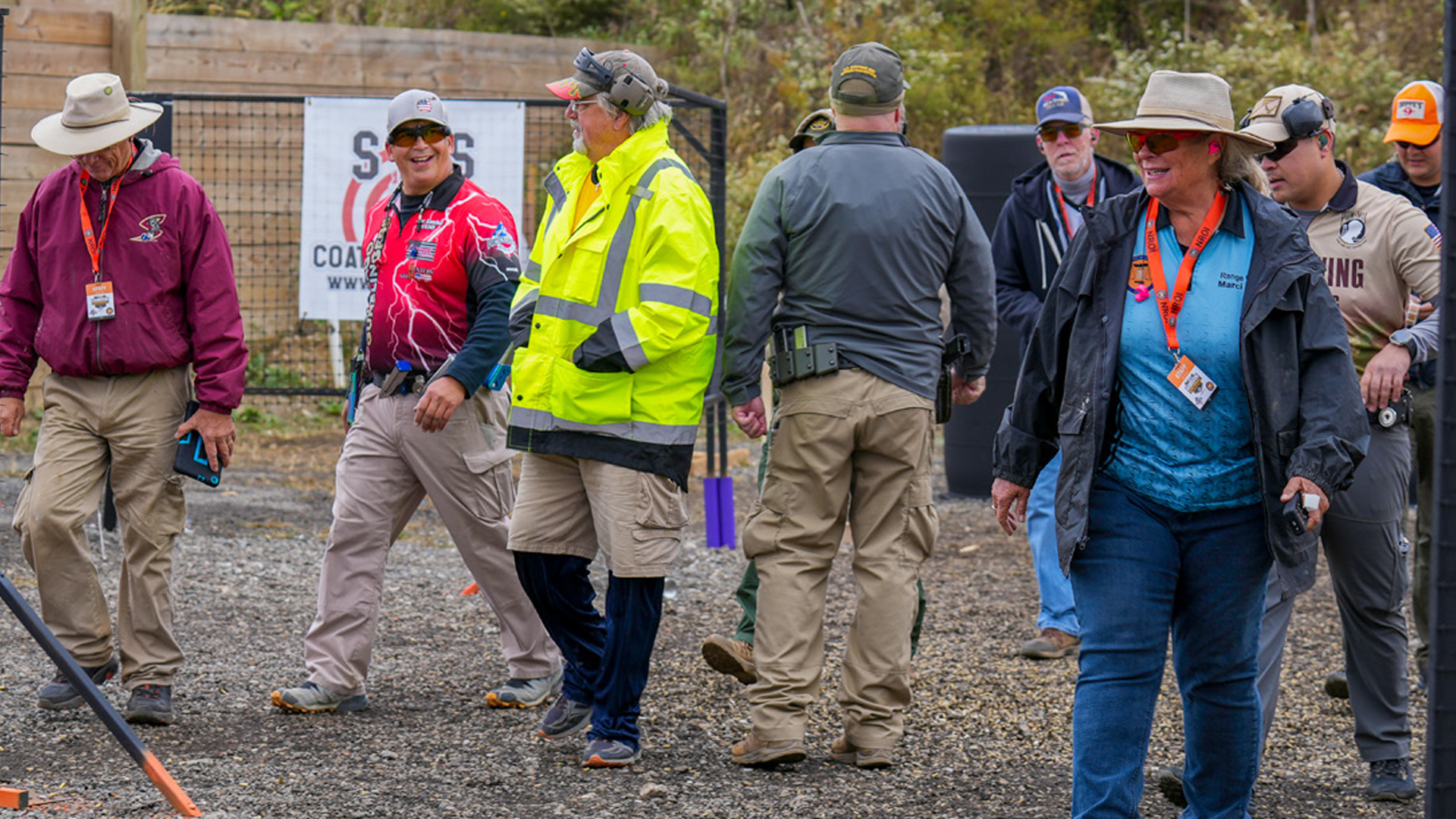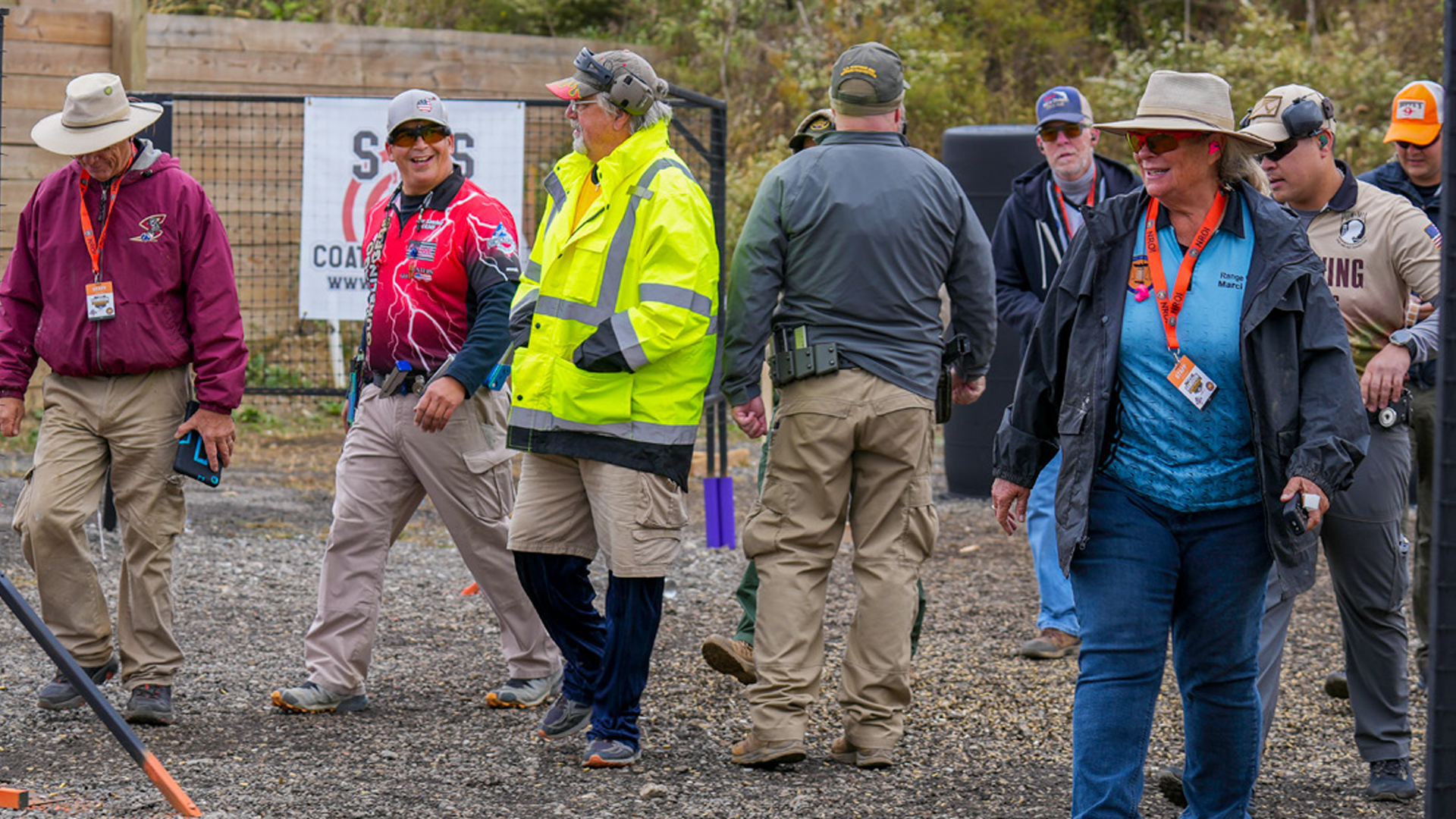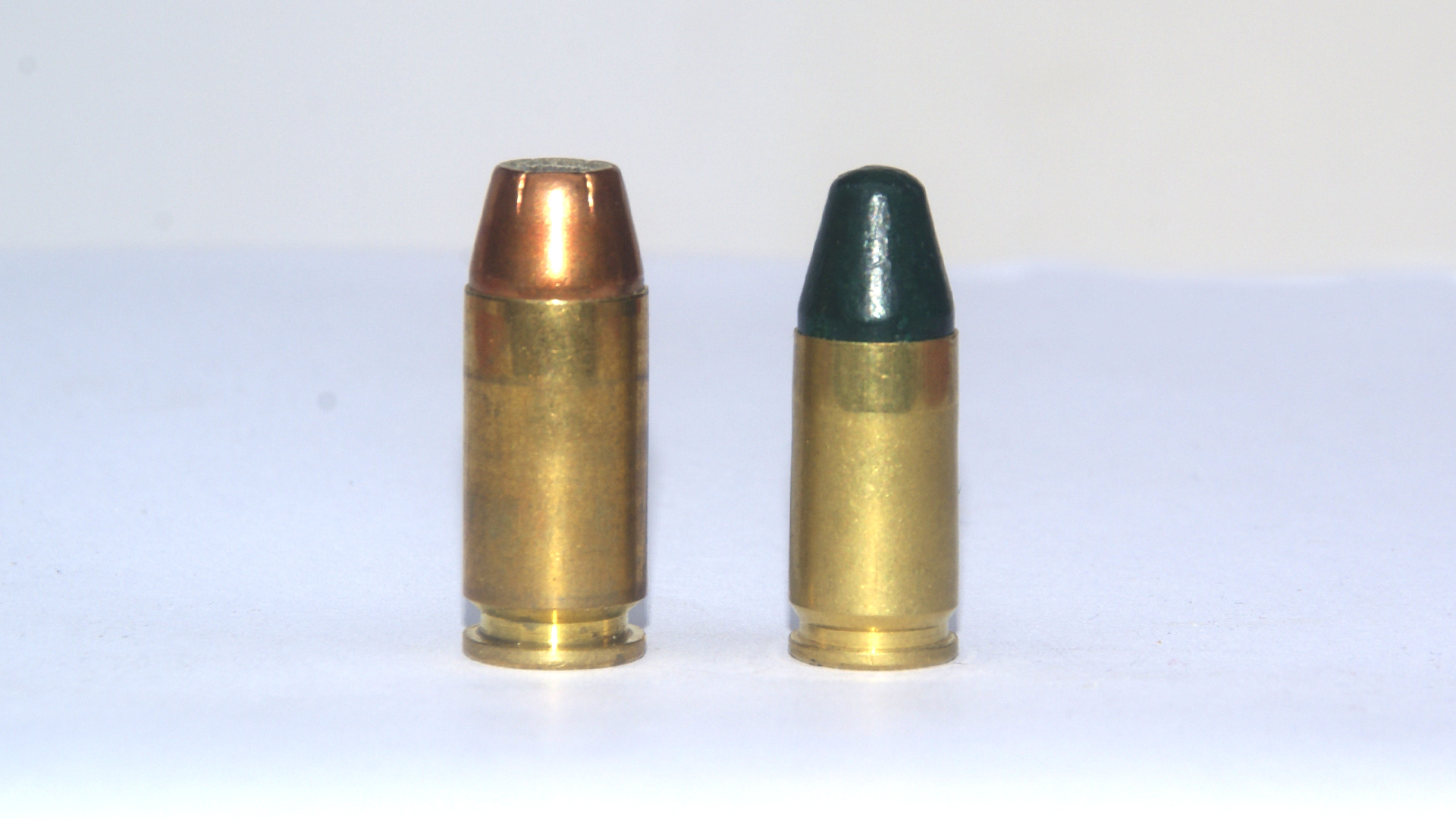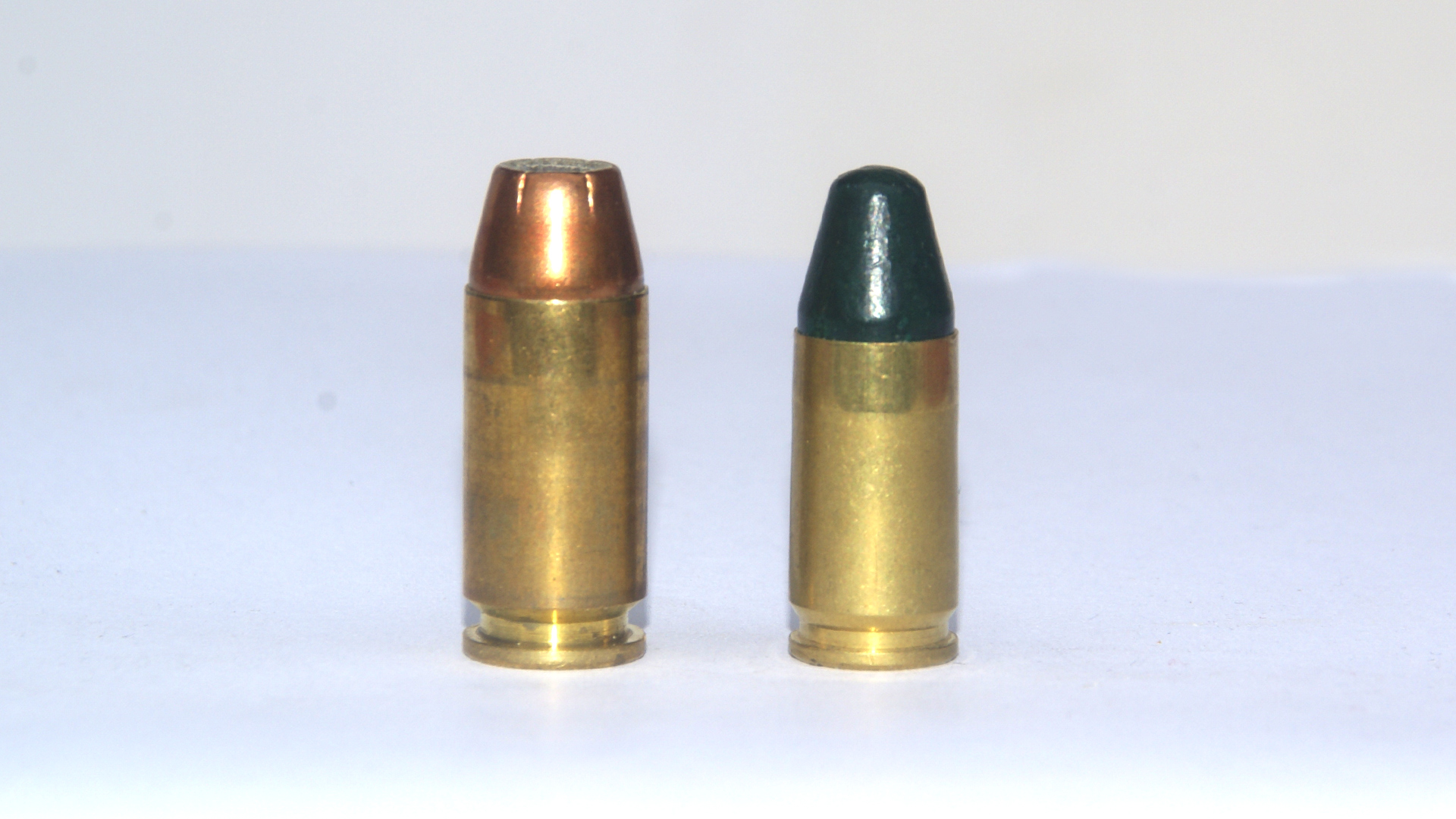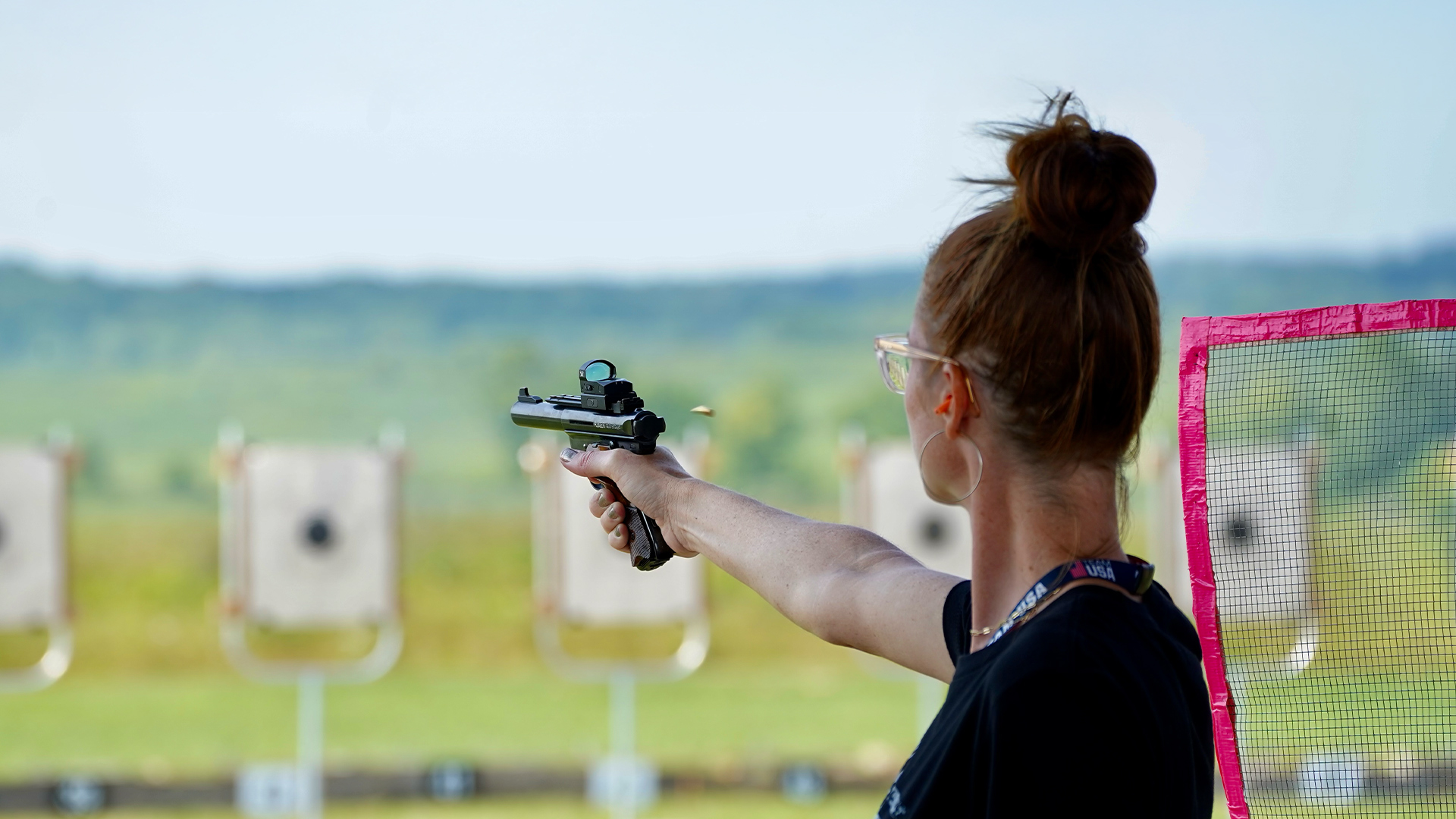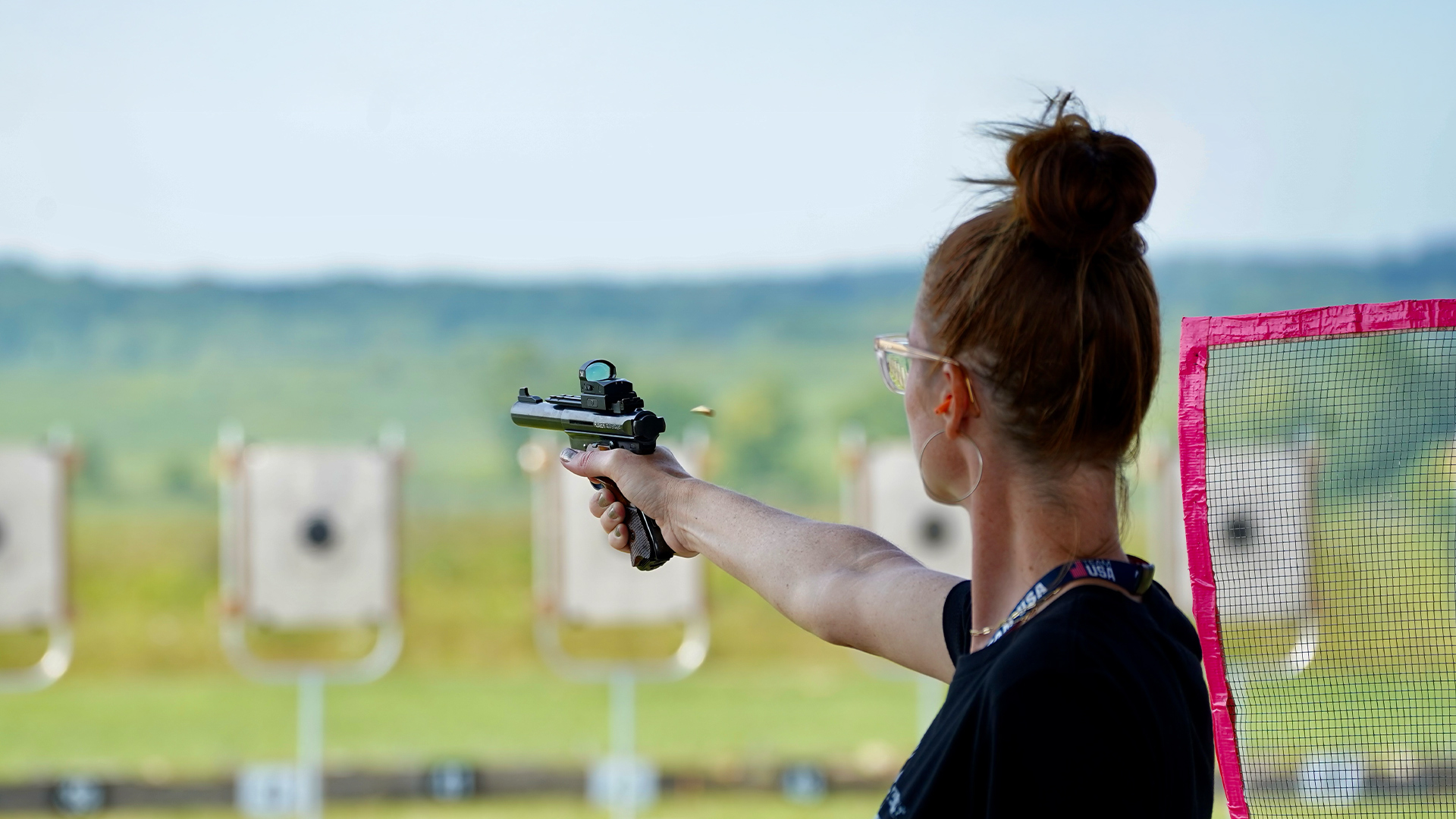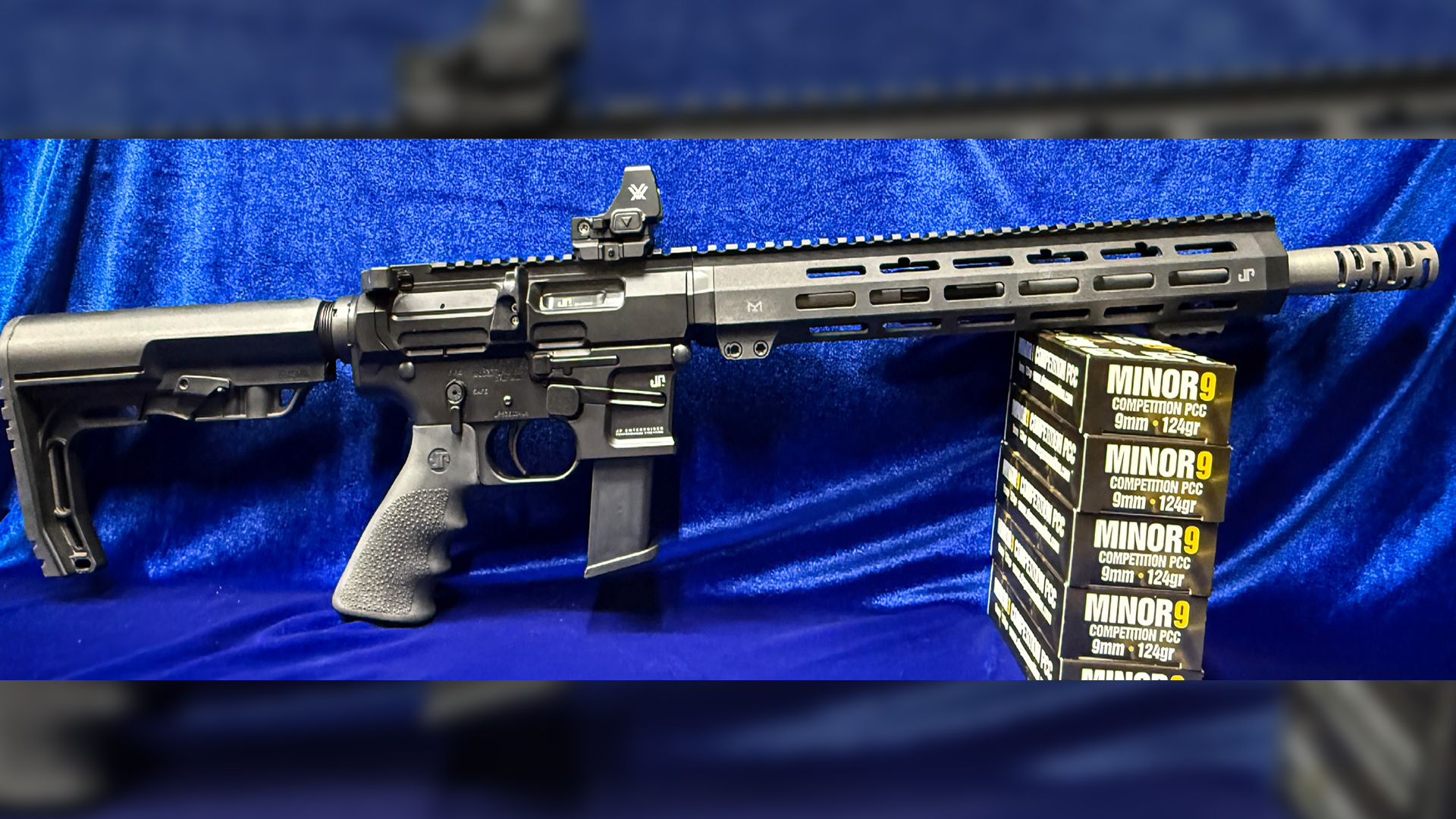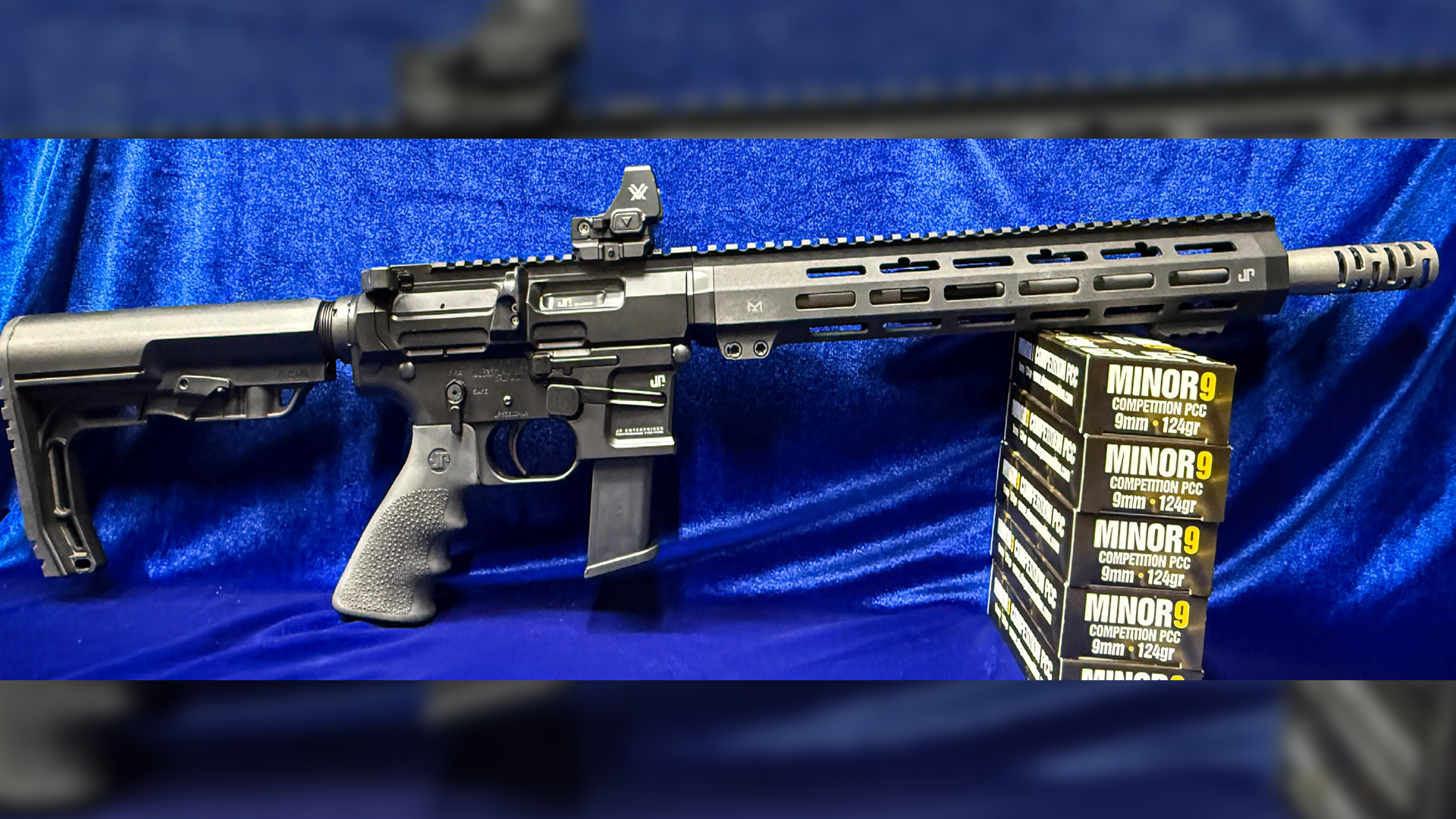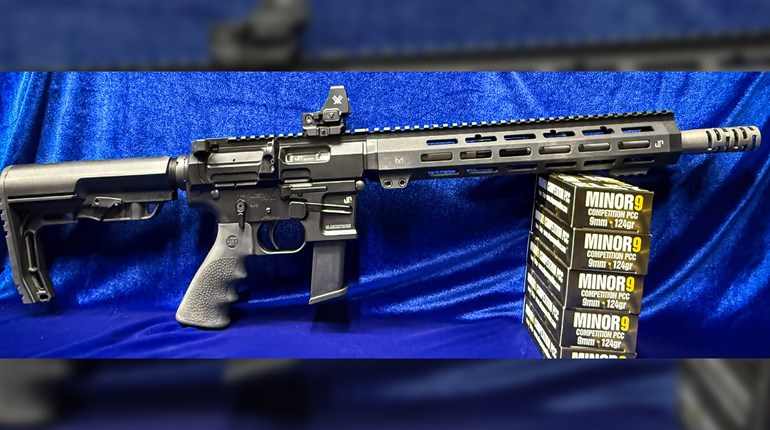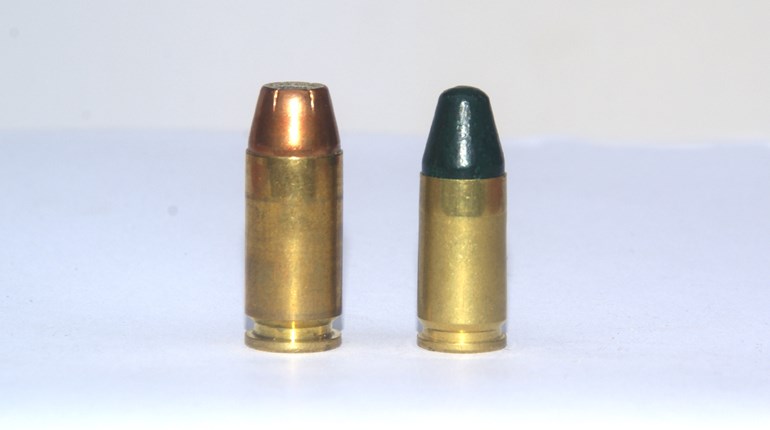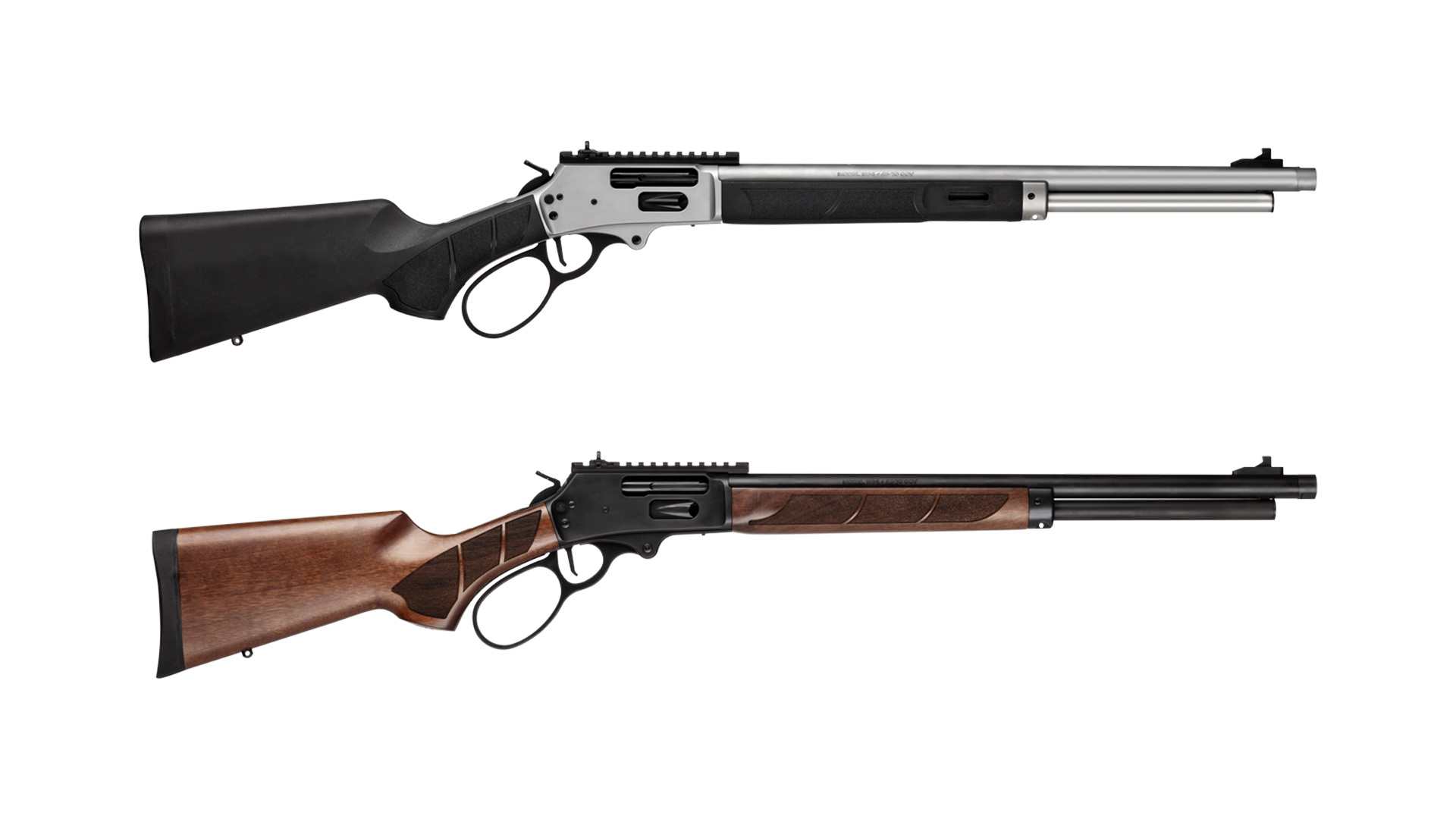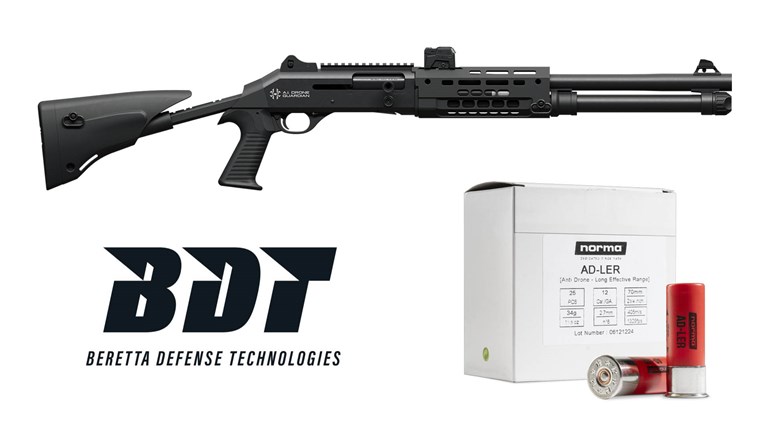
The Beretta A300 Ultima Competition 12-gauge shotgun is the company’s newest semi-automatic scattergun and it’s aimed squarely at the multigun and tactical competition crowd. The 16th shotgun in Beretta’s mid-range A300 lineup, it joins a growing list of Beretta semi-automatic shotguns built with affordability in mind. Yet, through a combination of extended capacity, impressive design and performance, the Beretta A300 Ultima Competition manages to stand out.
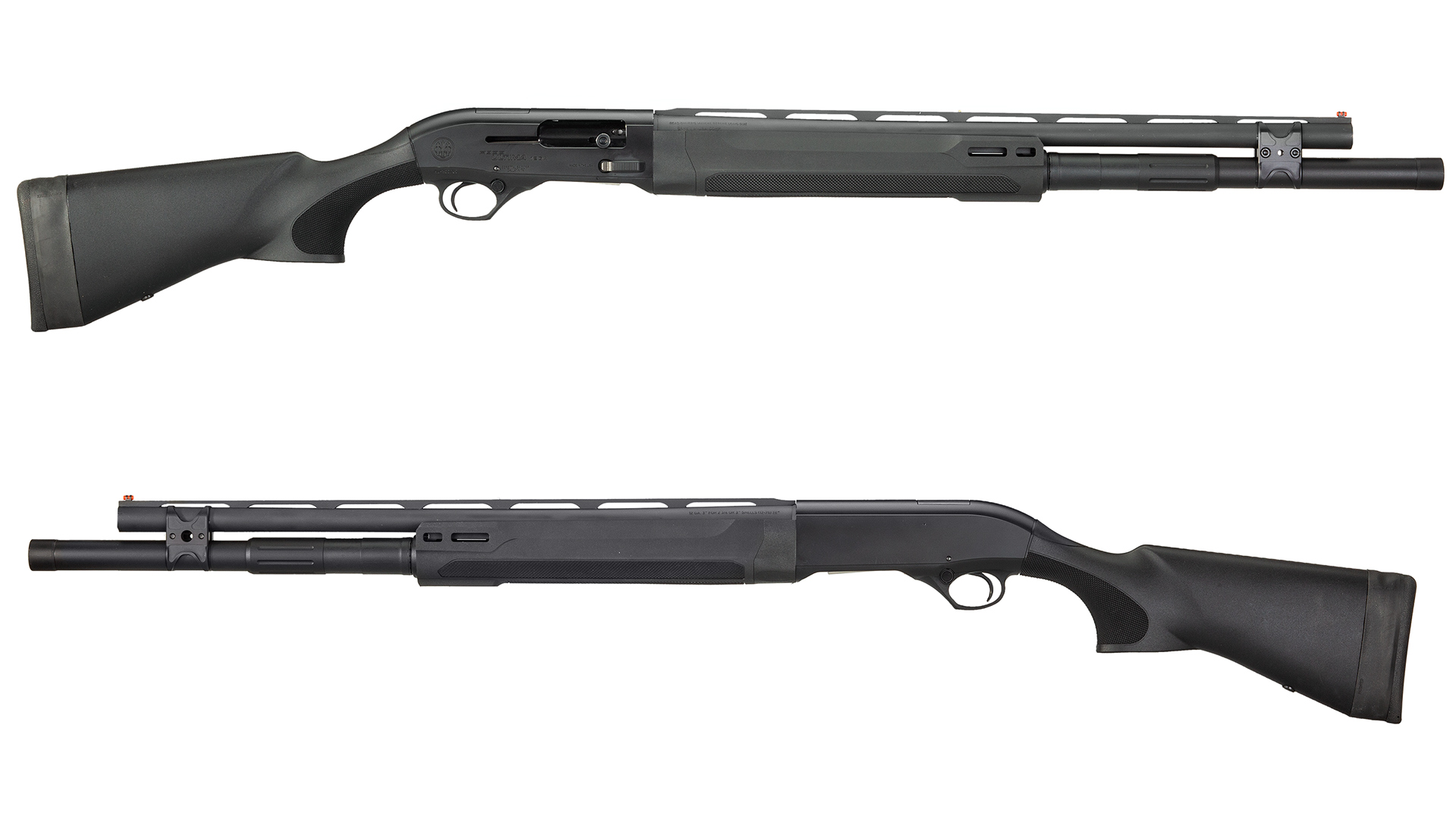
Like other shotguns in the A300 lineup, the A300 Ultima Competition was designed in Italy, but is manufactured in the U.S. at the Beretta factory located in Gallatin, Tennessee.
Before we dive into the many features on this competition shotgun, it’s worth taking a moment to appreciate the massive capacity of the A300 Ultima Competition. It’s capable of holding 10 rounds of 2¾-inch shotshells in the extended magazine tube with an additional shell in the three-inch chamber. Alternatively, it accommodates nine rounds of three-inch shells in the magazine tube, plus one in the chamber.
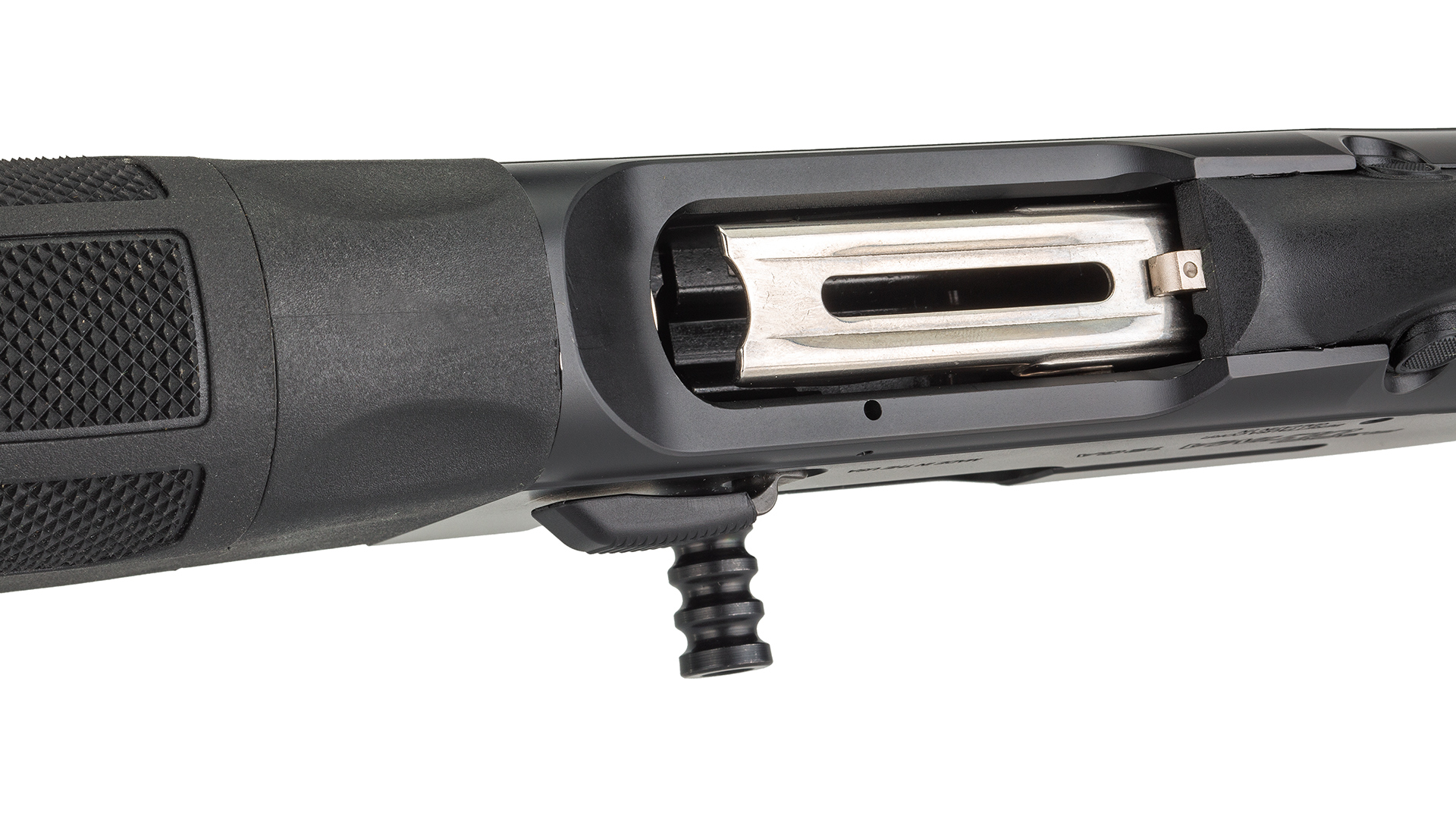
The A300 Ultima Competition’s low-profile receiver is CNC machined from a solid block of 7075-T6 aluminum alloy and undergoes an anodic oxidation process to protect the shotgun from corrosion and scratching. As for detailing, the receiver includes the Beretta logo, A300 Ultima logo and a “Made in the USA” rollmark on the right side. In addition, the Beretta logo is on the cap of the pistol grip.
Gas-operated, the A300 Ultima Competition has a self-cleaning cylinder and piston setup, with a compensating exhaust valve in front of the barrel ring that vents excess gas pressure. It’s a self-adjusting system that can handle nearly anything—from light 2¾-inch loads to heavy three-inch loads. Regarding the self-cleaning feature, the manual states, “The piston has been designed to constantly clean out gunpowder residue in the cylinder, increasing the efficiency of the firearm and reducing the need for frequent maintenance. The elastic piston seal has a rough finish to optimize cleaning.”
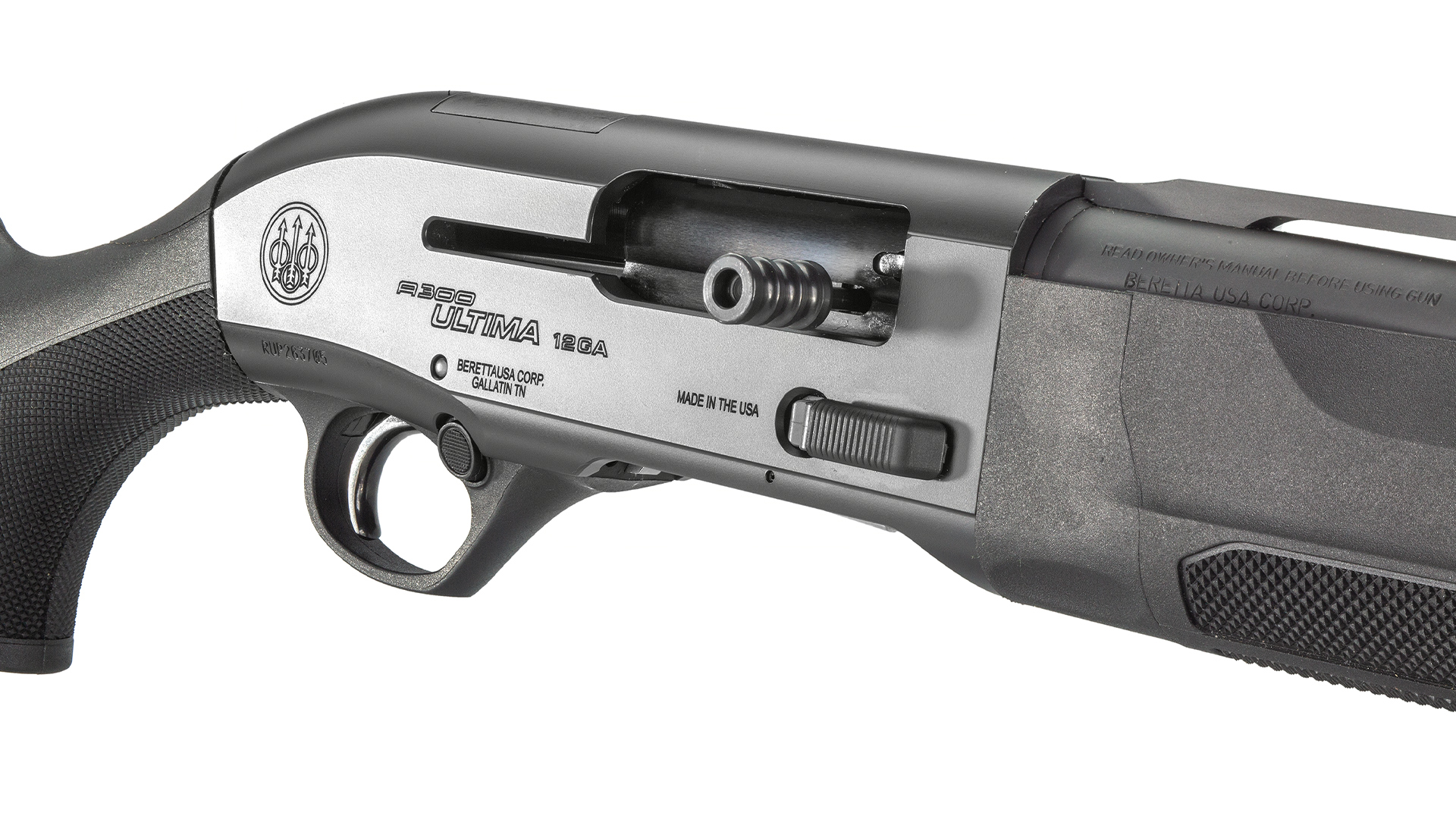
Cylindrical in shape, the oversized charging handle has three circular grooves. Protruding about one inch from the receiver, it’s easy to manipulate. Rounding out the oversized controls is the extended breech bolt-release button, which is 1¼ inches long and covered in polymer with a ridged surface. Something to note: the bolt-release button is quite sensitive and just a light tap will close the bolt.
The milled-out loading port is generously sized to aid in fast reloading, which is pretty much a requirement for a serious action-shooting shotgun these days. I measured the dimensions of the opening to be about 3x1 inches. Besides the enlarged and beveled loading port, angled sides and a channel on the bottom of the carrier make reloading the A300 Ultima Competition to full capacity a breeze, even while on the move.
Chrome-lined, the 24-inch steel barrel is about what you would expect from a Beretta semi-automatic shotgun. For sighting duties, there is a red fiber-optic front sight, along with a steel mid bead. They sit on a wide 7x7 mm stepped rib on top of the barrel that provides a large surface area for sight alignment.
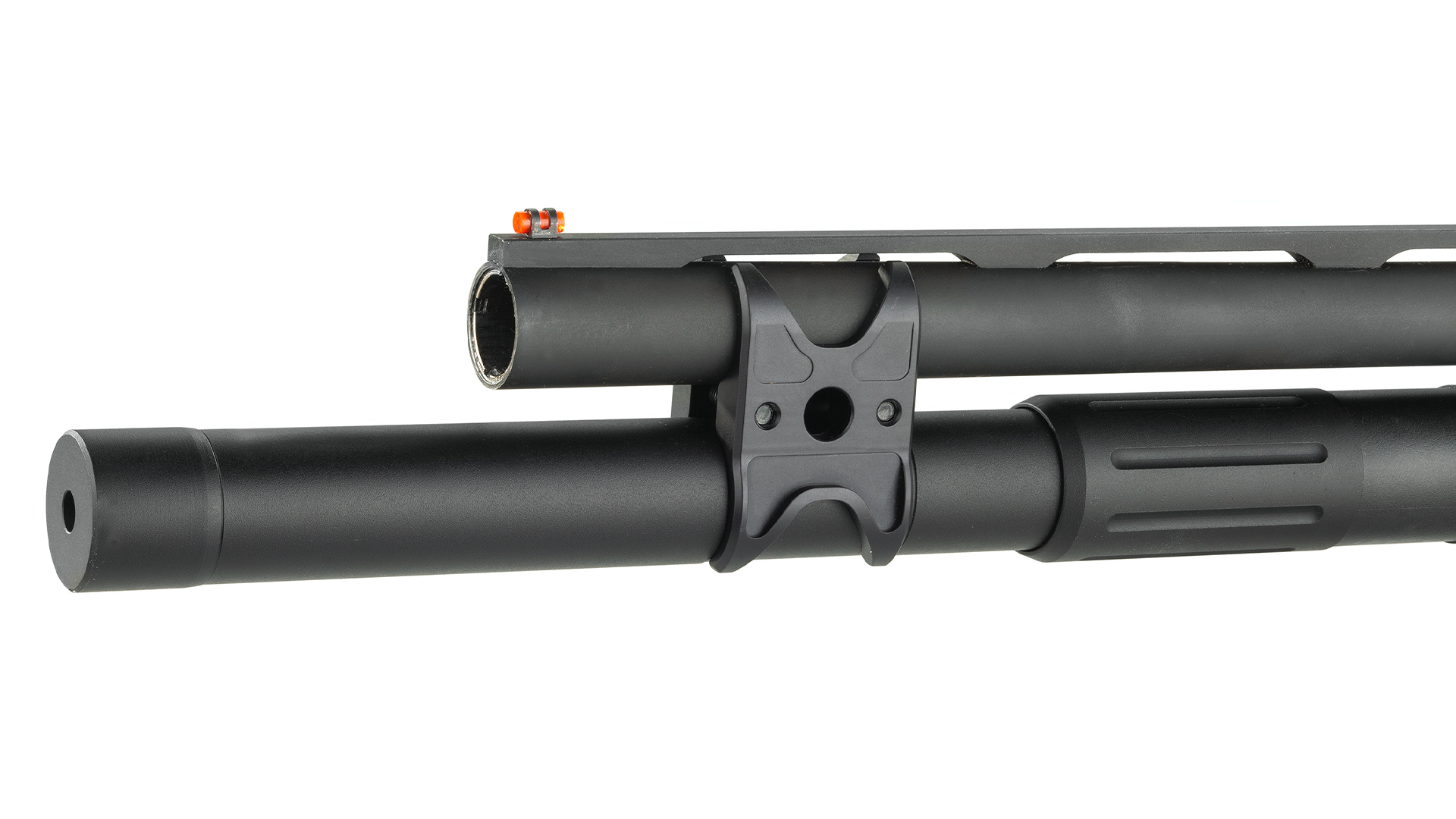
Out of the box, the Beretta A300 Ultima Competition is optics ready, with a RMR footprint direct cut on the receiver, plus an included seven-slot Picatinny rail that will accommodate many popular micro-red-dot sights.
The single-stage trigger's pull weight averaged five pounds, four ounces, with little to no creep and a smooth pull. The trigger guard is made of heavy duty polymer, described by Beretta as “technopolymer” and sports a semi-square shape that simplifies finger positioning. The opening of the trigger guard is large enough for the trigger to be accessible even to a gloved hand. As for the manual crossbolt safety, it’s located on the front portion of the trigger guard. The safety button has a wide, textured surface for easier operation and is also reversible to accommodate left-handed shooters. To help prevent accidental engaging or disengaging, the safety button is topped by a protruding edge.
For attaching accessories, there are M-Lok slots located on the sides and bottom of the fore-end, along a quick-detach sling mounting point on the barrel clamp, as well as one in the buttstock that’s plugged with a flush-fitting rubber piece.
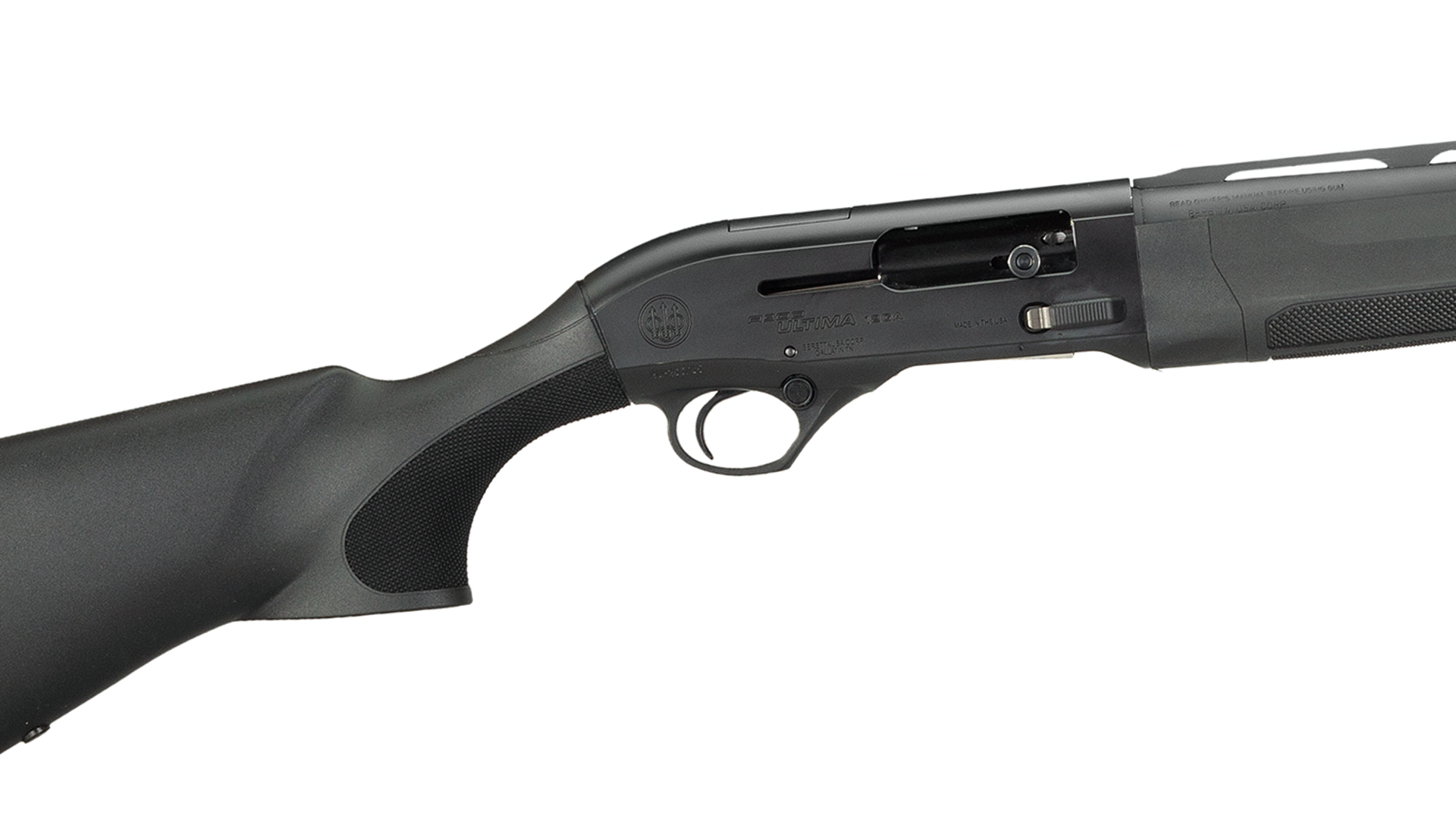
Regarding the Beretta A300 Ultima Competition’s furniture, it’s not ugly but I wouldn’t describe it as handsome, either. The Black synthetic stock is all business and gets the job done. You won’t have to worry about it getting all scuffed up like with a wood stock. Inside the buttstock is Beretta’s Kick-Off system, which handles recoil well and is comfortable for both action shooting and shattering clay targets. A 1/2-inch rubber buttpad further mitigates felt recoil.
“Aggressive” is a term often used to describe the grip texture of a firearm, and Beretta marketing literature for the A300 Ultima Competition said the aggressive texture of the pistol grip and three panels on the sides and bottom of the fore-end “empowers users to maintain superior control.” However, I found that the texture is better described as abrasive after an extended range session. While there’s little doubt the enhanced grip provides for confident handling, if you plan on shooting the A300 Ultima Competition at a match, I suggest bringing a pair of gloves to save your hands.
Made of plated steel, three Beretta Mobilchoke extended choke tubes come with the A300 Ultima Competition: full, modified and improved cylinder. Changing constriction is a simple chore using the included choke wrench. For my evaluation, I used the improved cylinder choke.
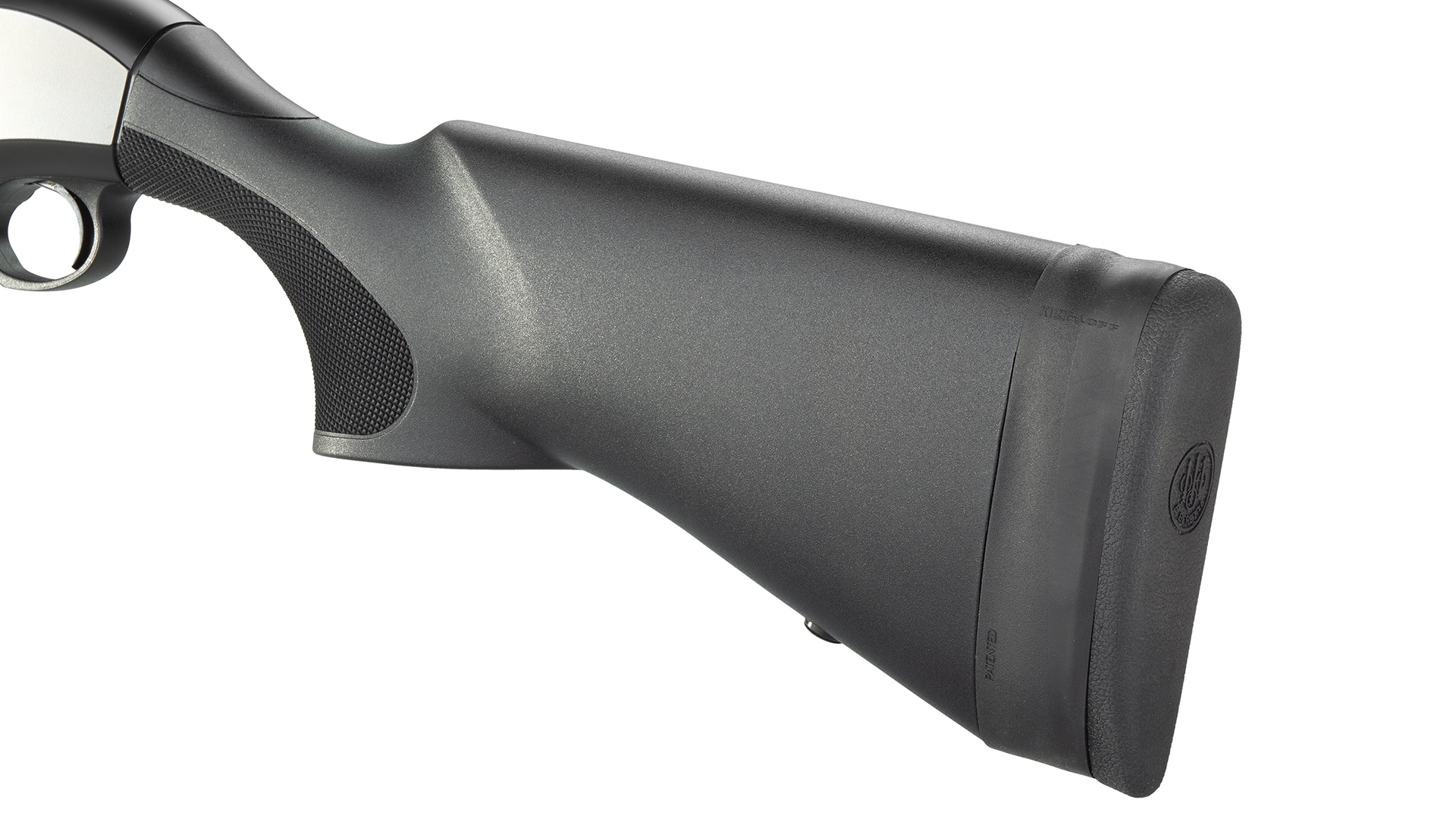
With a 24-inch barrel and the magazine extension tube installed, the A300 Ultima Competition weighs in at seven pounds, 11 ounces. Not a hefty gun by any means, but still enough weight to handle the recoil of 12-gauge loads without too much rise for the fast follow-up shots required in action shooting.
AT THE RANGE
After receiving the Beretta A300 Ultima Competition, I headed to my local sporting clays venue for a quick round of my preferred shotgun game. While the A300 Ultima Competition is built with using a red-dot optic in mind, I opted to stick with the standard iron sights. For ammunition, I brought boxes of Winchester AA Diamond Grade one-ounce, No. 7.5 and plenty of Federal Action Shotgun 12-gauge shells. A soft and flat shooter, the A300 Ultima Competition also points well and is nicely balanced in the hands, despite the extra bit of weight from the magazine extension located forwards of the muzzle. I hit my first bird, which is always a good sign. This shotgun was a clay buster for targets inside of 30 yards, and I even managed to get more than half of the far birds that sailed past 40 yards or so.
Typical of a Beretta semi-automatic shotgun, the A300 Ultima Competition fired a pattern with 60 percent above point of aim and 40 percent below. With 1⅛-ounce loads of Federal Action Shotgun No. 7.5 and an improved cylinder choke, it patterned at about 75 percent (285 hits) in a 30-inch circle at 30 yards.
To start my evaluation of the A300 Ultima Competition for action shooting, I placed eight clay targets at 12 yards spaced one yard apart, with an unloaded start. I couldn’t find my quick-load shell loader, so I used a shell pouch I found in my pickup truck. Out of 10 runs, my best time was 18.6 seconds, not too shabby given I wasn’t using speed loaders.

Next, I tackled a simulated multigun stage that was somewhat borrowed from the shotgun portion of the 2024 NRA World Shooting Championship’s Three-Gun stage. With a loaded shotgun, I ran about eight yards to the left side of a barrier and engaged four clay targets, grouped in pairs and placed about two feet from the ground at nine and 10 yards. To mix it up, I added one more clay target and a steel popper next to it, both engaged from the right side of the barrier at 15 yards. After five attempts at this makeshift action-shooting stage, my best time was 15.9 seconds.
BOTTOM LINE
It’s not an understatement to call the Beretta A300 Ultima Competition a 12-gauge, extended capacity powerhouse shotgun for action shooting. Beretta is catering to the multigun market with a competition shotgun that has a lower barrier of entry, i.e., cost, in owning a shotgun that lives up to the company’s five-century pedigree. Perhaps best of all, the famous Beretta reliability is present. After shooting about 500 rounds through the A300 Ultima Competition, it cycled perfectly and I experienced no malfunctions of any kind.
MSRP is $1,399. Besides the Black synthetic model evaluated here, Beretta also offers the A300 Ultima Competition in a Realtree Lava version for $100 more. Go to beretta.com.
SPECIFICATIONS
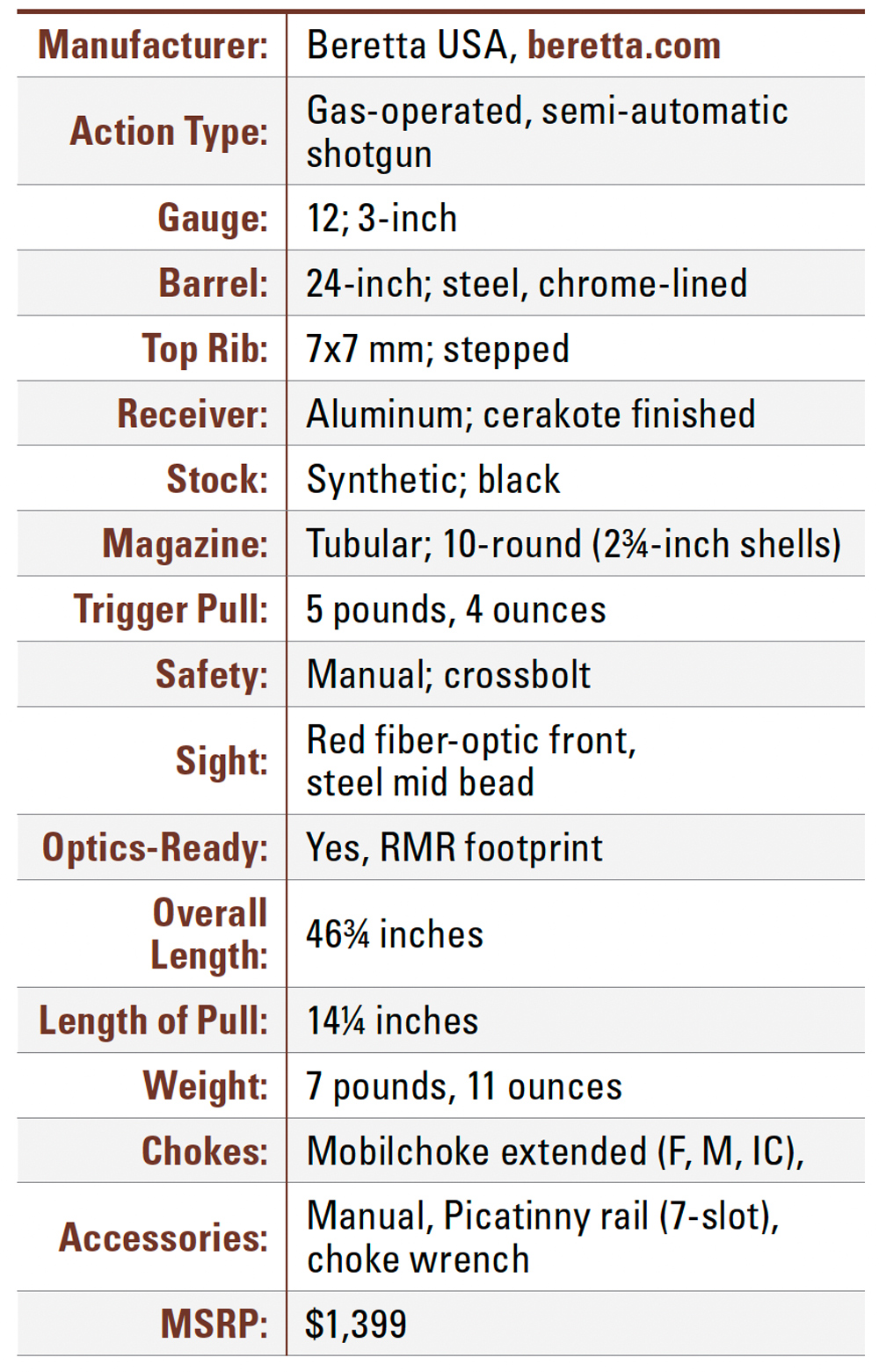
GEAR LIST
- Beretta A300 Ultima Competition Black Synthetic. $1,399, beretta.com
- Federal Action Shotgun 12-gauge shotshells. $181.99 (200-round box), federalpremium.com
- Winchester AA Diamond Grade 12-gauge shotshells. $15.99 (25-round box), winchester.com
- WarBird Intrepid RC earmuffs. $119, warbirdpro.com
All photos by Peter Fountain.

